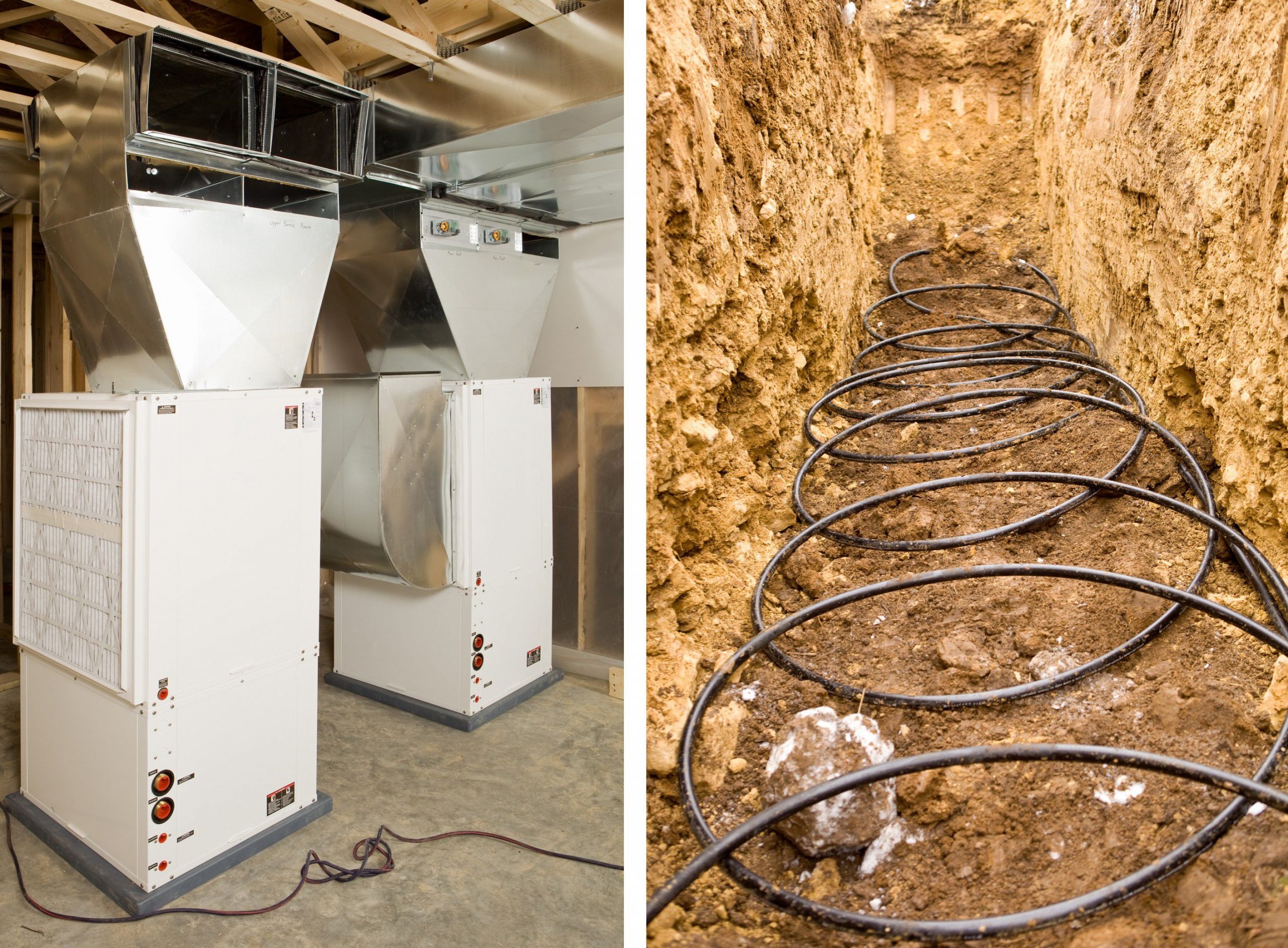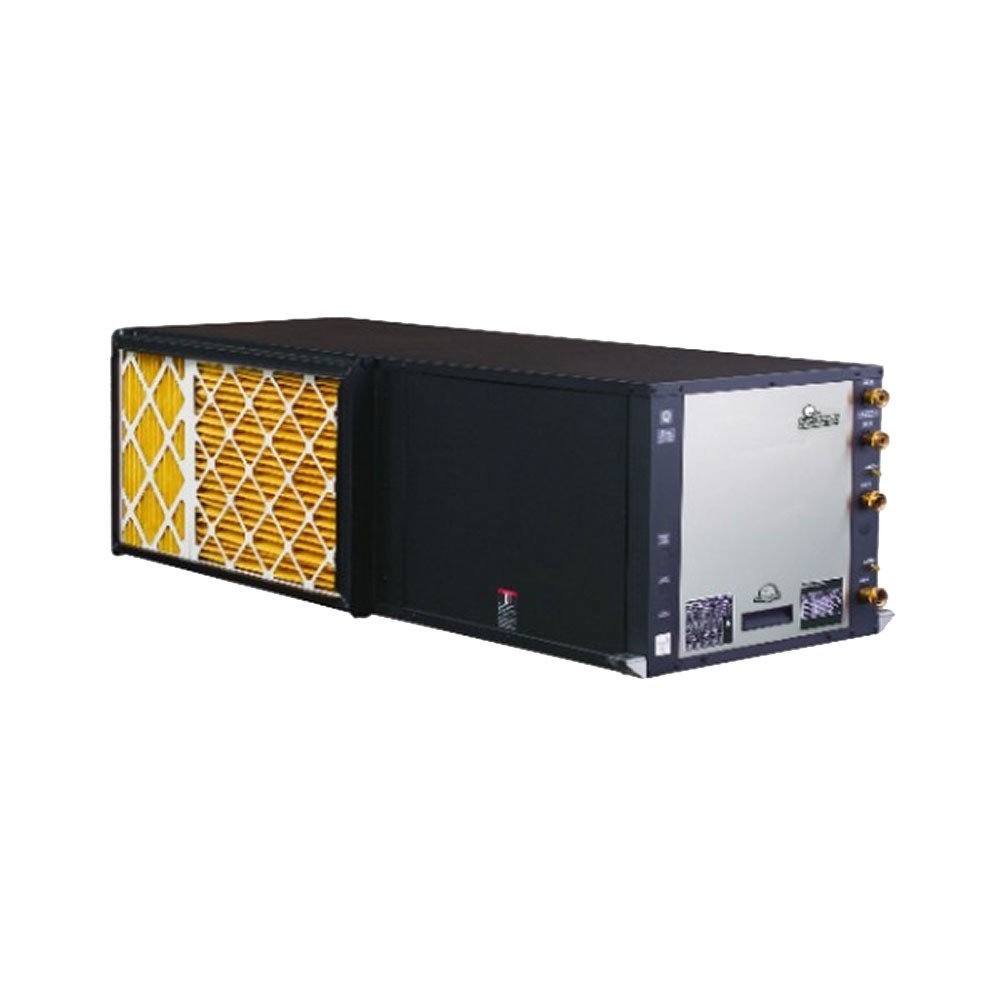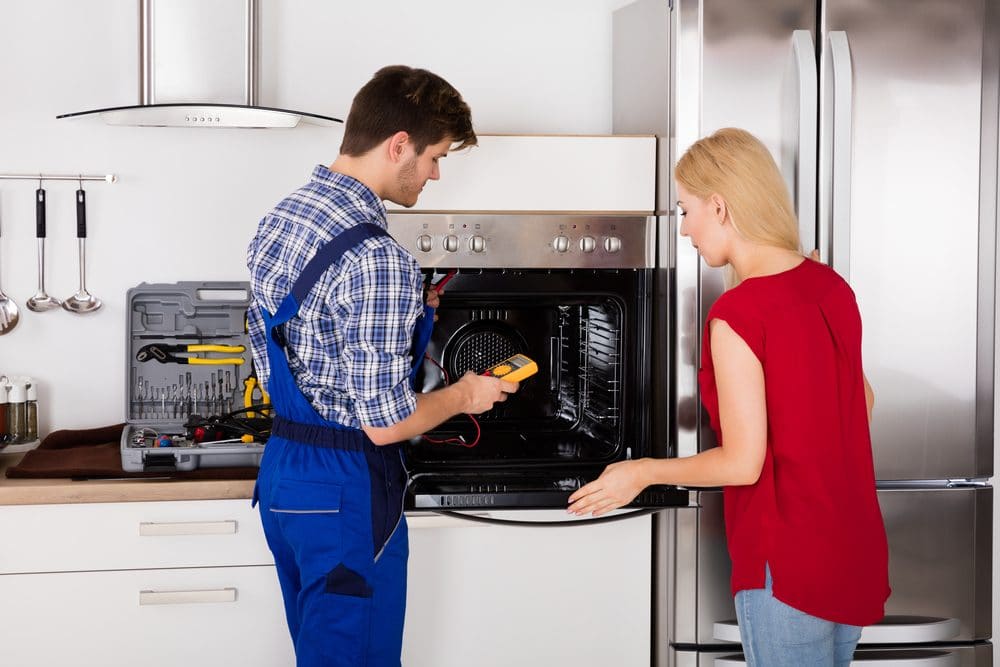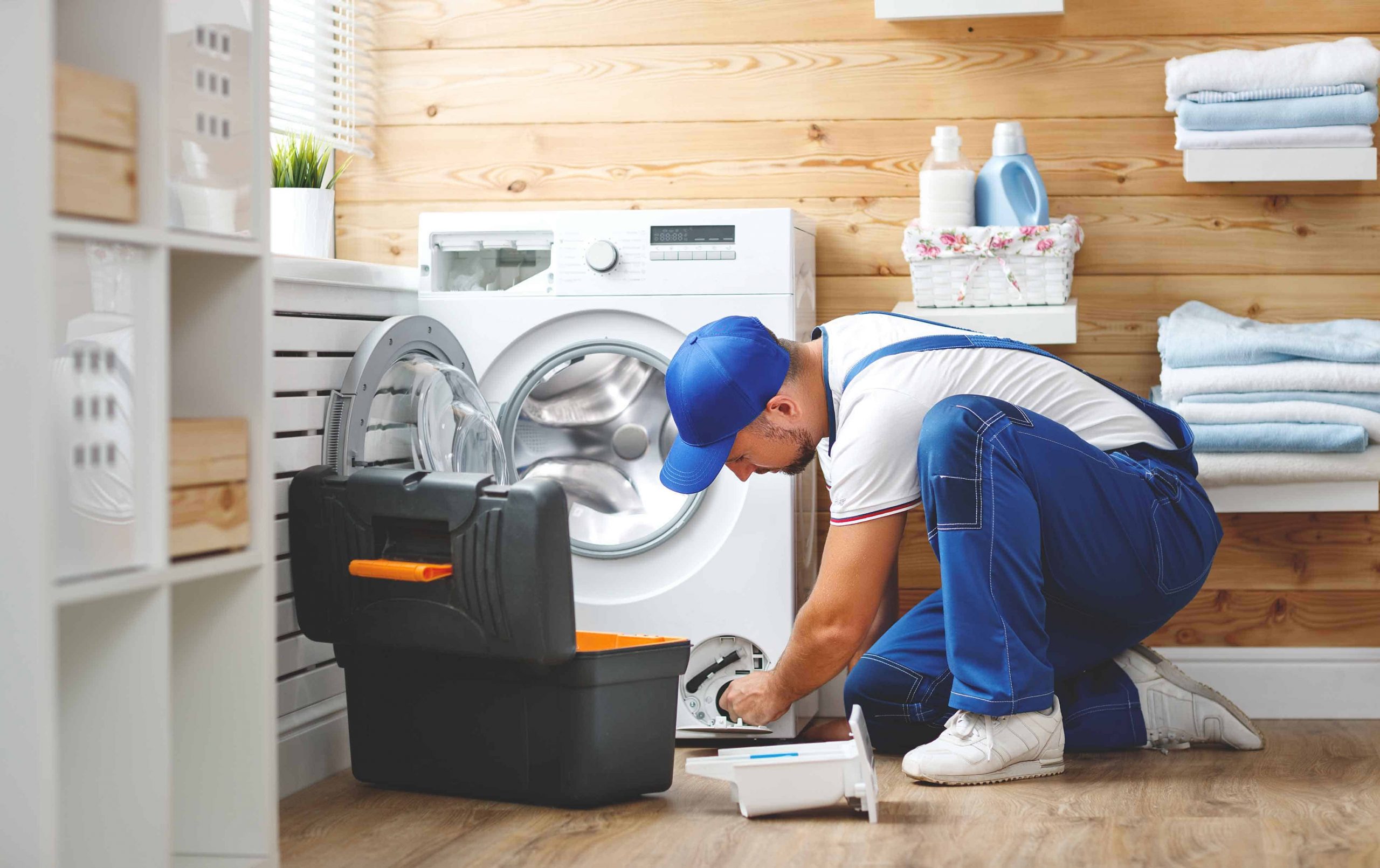Heat Pumps Using Geothermal Energy
A maaküte (geothermal heating) pump is a type of energy efficient heating and cooling system that uses the earth’s natural temperature to provide heat or cool your home. Because it doesn’t require electricity, it can be cheaper than any other comparable system.
Since the late 1940s, geothermal heat pumps (GHPs), also known as earth-coupled, ground-source, or water-source heat pumps, have been in use. Instead of using the temperature of the outside air as the exchange medium, they use the earth’s generally constant temperature.
There are two types of geothermal heat pumps: ground-coupled and water-based heat pumps. The most common type today is the ground-coupled unit. There are also water-based units but they are less popular. Read on for more information about geothermal heat pumps.
How does a geothermal heat pump work?
The basics behind how a geothermal heat pump works is pretty simple. It takes advantage of the fact that hot springs (which are naturally warm) are located near some areas in the United States. Hot water from these sources is pumped into an insulated reservoir called the “geothermal reservoir.” This water is then circulated through pipes and back into the reservoir. When the water comes back to the top, it heats up as it passes over the hot rocks beneath the earth’s surface. The heat stays trapped within the geothermal reservoir until you want it.
When you turn on the heat pump, the compressor turns on and circulates the hot water through the geothermal reservoir and out of the house. When the geothermal reservoir reaches a certain temperature, it stops circulating the hot water. At this point, the cold water flows down into the geothermal reservoir and starts heating up again. As the water gets hotter, so do the rocks underneath the house. Once the geothermal reservoir has reached its desired temperature, the compressor turns off. The water stops circulating and the room temperature begins to drop.
What are the benefits of a geothermal heat pump?
Geothermal heat pumps offer many advantages over conventional systems. They allow homes to use natural resources rather than energy generated by fossil fuels like coal and oil. In addition, there is no need for air conditioning since the geothermal heat pump provides all the necessary heat when you need it. Most importantly, using geothermal heat pumps helps reduce carbon emissions by reducing the demand for electricity.

One of the main disadvantages of traditional heating systems is their reliance on electricity. By contrast, geothermal heat pumps have very low maintenance requirements. They also last longer than other heating systems because they don’t require expensive repairs. Finally, geothermal heat pumps won’t burn out, which means you won’t have to replace them with another inefficient unit if one breaks down.
Are there downsides to a geothermal heat pump?
Like any other piece of technology, there are some drawbacks to using a geothermal heat pump. Because they rely on the ground for heat, geothermal systems aren’t effective during the winter months. Also, because the heat exchange occurs underground, the system isn’t available everywhere.
Another potential disadvantage is that the earth’s surface may not be at optimal temperature for your property. If your property sits atop an area that is particularly cold, the geothermal heat pump will not function properly. For example, areas located directly under large bodies of ice may not produce enough heat to sustain a geothermal heat pump.
The final downside is that a geothermal heat pump requires drilling. While this process is generally safe, it can still be dangerous depending on where you live.
Why should I choose a geothermal heat pump instead of a central air conditioner?
One of the reasons that people choose to install geothermal heat pumps is because they can save money. Compared to traditional gas furnaces or electric baseboard heaters, geothermal heat pumps cost significantly less to operate. They also don’t require ongoing maintenance or repairs. These factors make them ideal for those who don’t have much time to spend on routine upkeep.
In addition, geothermal heat pumps can help protect the environment by reducing greenhouse gas emissions. There is no doubt that installing a central air conditioner results in a significant increase in these harmful gases. However, geothermal heat pumps are designed to capture the heat produced by the sun rather than consuming it. Therefore, geothermal heat pumps generate less heat than other methods.
If you’re concerned about the effect of climate change on our planet, geothermal heat pumps can help. They are a great alternative to air conditioning. However, it’s important to remember that geothermal heat pumps aren’t perfect. They don’t work well during the colder seasons of the year and they will not create the same amount of energy as a central air conditioner.
What are the different types of geothermal heat pumps?
There are two major types of geothermal heat pumps: ground-coupled and water-based. Ground-coupled heat pumps circulate hot water through the ground and into the house. Water-based heat pumps circulate hot water through pipes buried in the ground. Both types of heat pumps are highly efficient, but they operate differently.
Ground-coupled heat pumps have two components. First, a pump moves hot water between an insulated reservoir and the ground. Then, the heated water returns to the reservoir. The second component consists of a condenser coil where the cooled water is returned to the main circulation line. Ground-coupled heat pumps are typically used in rural or remote locations where there is a nearby hot spring.
Water-based heat pumps consist of a single unit. Hot water is pumped into the ground where it travels through pipes before returning to the geothermal reservoir. From there, the water is circulated throughout the house. Water-based heat pumps have been installed in urban areas where there is limited access to nearby hot springs.
Which option is best for me?
While both options are highly efficient, they each have their own advantages and disadvantages. Ultimately, the decision depends upon where you live, what kind of climate you experience, and your preferred comfort level.
For example, if you live in an area where it snows often, a water-based heat pump would probably be a better choice. On the other hand, if you live in an area where it rarely snows, a ground-coupled unit might be more appropriate.
What about the price difference?
Because geothermal heat pumps use the earth’s heat source, they tend to be more economical than other forms of heating. That said, the exact cost depends upon several factors. To begin, make sure to consider the size of the project and the location of the geothermal reservoir. A small geothermal installation will cost less than one that is larger. Second, the higher the elevation of your property, the lower the costs will be. Finally, ground-based units usually cost less than water-based models.

Is geothermal heat pumping legal?
Yes! Geothermal heat pumps are 100% green and environmentally friendly. Because they use solar energy, they don’t emit CO2, sulfur dioxide, nitrogen oxides, mercury, particulate matter, or smog. Additionally, they don’t contribute to global warming.
Finally, geothermal heat pumps are federally regulated by the U.S. Department of Energy. You can contact your local utilities department to find out if your town offers grants for geothermal installations.
Is geothermal heat pumping available everywhere?
No. Geothermal heat pumps are currently only available in about half the states in the country. However, due to advances in technology, it appears that this number is increasing.
What is the estimated lifetime of a geothermal heat pump?
The lifespan of a geothermal heat pump depends upon how long it has been operating. Typically, they last 10 years. However, the average age of a geothermal installation is somewhere around five years.
What maintenance is required?
Maintenance is minimal. You shouldn’t have to check the reservoir every week; however, you’ll likely want to clean it once a month. It’s recommended that you perform a visual inspection of the unit every six months.
Can I buy a geothermal heat pump online?
Yes. Many companies sell geothermal heat pumps online. One such company is EarthwiseHeating.com. They offer free shipping and installation.


















